Regulation
Crypto Regulation Deadline Extended by Central Bank Group

The Group of Central Bank Governors and Heads of Supervision (GHOS), the supervisory body of the Basel Committee on Banking Supervision, has just set a new deadline for the implementation of its prudential standard for the banks’ crypto-asset exposures. The first expected finish date is January 2025, but the deadline has been postponed to January 1, 2026.
Consequently, this modification is designed to give countries enough time to create a clear and unified regulatory framework for crypto asset exposure.
Updated Timeline for Crypto Regulation
The GHOS’s decision to delay the implementation deadline after a thorough evaluation of the progress and readiness of member jurisdictions in adopting the new standards is a great decision. Given the different speeds of crypto regulatory adaptation, this measure aims to achieve a level of competition while making the markets more stable worldwide.
The Basel Committee supported this prudential standard in December 2022. It was meant to address the financial stability risks brought by crypto assets while promoting responsible innovation in the banking sector.
The Group of Governors and Heads of Supervision of the #BaselCommittee commend “good progress” on implementing #BaselIII and reiterate their expectation for full and consistent implementation as soon as possible https://t.co/ErupSvGzRF pic.twitter.com/RqOL6J2zYs
— Bank for International Settlements (@BIS_org) May 13, 2024
Tiff Macklem, the Chair of the GHOS and the Governor of the Bank of Canada stressed the significance of the longer implementation period.
“The extension will be of great help in order to make sure that the implementation of the cryptoasset standard is both complete and uniform in all the member jurisdictions,” Macklem said.
This careful attitude is a manifestation of the general policy of precaution in the period of swift technological development and changes in market conditions.
Central Bank Group’s Regulatory Efforts
This is part of a larger strategic plan by the Basel Committee to deal with the new financial risks. The committee’s work program for 2023-24 has been mainly dealing with digitalization, climate-related financial risks, and the ongoing implementation of the Basel III framework. Through the process of landscape assessment and the adaptation of regulatory measures, the GHOS intends to eliminate the possible weaknesses of the global banking system caused by digital assets and other new risks.
Besides, the longer timeline is in line with crypto regulation measures in other parts of the world. The Australian Tax Office recently strengthened its rules on crypto exchanges to reduce tax evasion, showing a global tendency to strengthen the control of crypto activities.
The hum that followed the deferral of the deadline has been different in the financial markets. Cryptoasset values are still affected by the regulatory news, which is the result of the continuous uncertainty and the big role of the regulatory environments in market stability.
Nevertheless, this extension may serve as a sort of respite for the banks and financial institutions, giving them more time to adjust their activities to the new standards.
Read Also: Pro-XRP Lawyer John Deaton Is First GOP To Make Onto 2024 Massachusetts Ballot
The presented content may include the personal opinion of the author and is subject to market condition. Do your market research before investing in cryptocurrencies. The author or the publication does not hold any responsibility for your personal financial loss.
Regulation
BitClave Investors Get $4.6M Back In US SEC Settlement Distribution
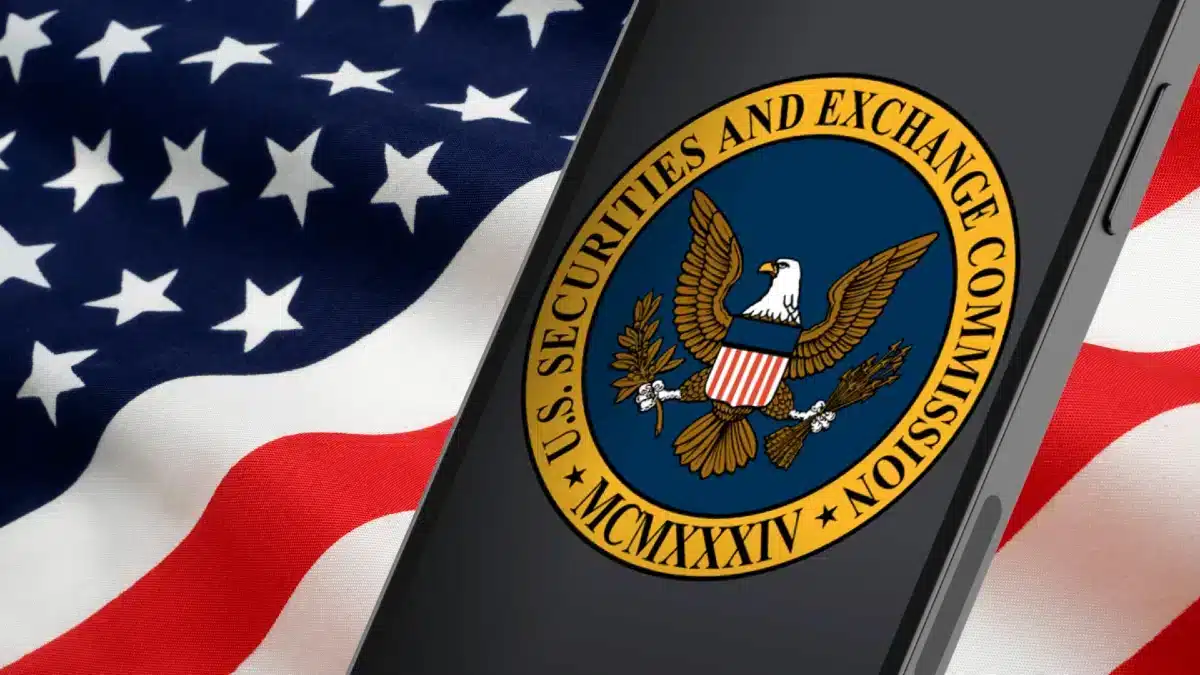
BitClave investors have started receiving $4.6 million in repayments from the U.S. Securities and Exchange Commission (SEC), following a settlement reached in 2020. The SEC announced on Nov. 20 that payments from the BitClave Fair Fund had been disbursed to eligible investors harmed during the company’s 2017 initial coin offering (ICO).
Pro-XRP lawyer and online commentator “MetaLawMan” criticized the SEC’s stance on digital assets, stating on social media, “Here we go again with ‘digital asset securities.’ Unbelievable.” The lawyer’s statement reflects ongoing industry frustrations over the SEC’s regulatory approach to cryptocurrencies.
BitClave Investors Get $4.6M Back in US SEC Settlement
The US SEC assured the public that $4.6 million was returned to investors who filed the claims and were eligible for the refunds. These funds were agreed upon in 2020 after the SEC accused BitClave of conducting an unregistered ICO.
The company’s initial coin offering (ICO) in 2017 brought in $25.5 million in only 32 seconds and distributed its Consumer Activity Token (CAT) to thousands of buyers. The SEC therefore claimed that the ICO was an unregistered securities transaction because potential investors were induced to invest in the CAT token with an expectation of appreciation of its value.
Under the settlement, BitClave will have to refund the money it raised and also pay $4 million in fines and interest. In between these settlements, John Deaton has accused the regulator of using laws that were set in 1933.
The Fair Fund was therefore created to ensure that the funds are returned to the affected investors. The claims submission period closed in August 2023, and the eligible investors received the information on the claims in March 2024. The Securities and Exchange Commission posted on its social media accounts that the payment has been made, and “the checks are in the mail.”
BitClave Settlement Included Penalties and Token Destruction
In the settlement, BitClave did not accept or reject the accusations made by the SEC but agreed to cough up $29 million. This total consisted of the $25.5 million that was generated in the ICO and the additional $4 million in fines.
Concurrently, the company also committed to burning 1 billion of the catalyst tokens that have not been distributed and to ask exchanges to delist the token.
The Securities and Exchange Commission therefore pointed out that by February 2023, BitClave had only remitted $12m to the Fair Fund, thus leaving questions on the balance of $7.4m. Neither the SEC nor the fund administrator gave further details on the matter, and it is still uncertain as to how the outstanding payment will be collected.
US SEC Maintains Strict Regulatory Stance on Crypto
The US SEC has continued to enforce regulations on crypto companies under the Biden administration, with over 100 enforcement actions taken against the industry. BitClave’s settlement, subsequently, is one of many cases where the regulator has targeted unregistered ICOs and other alleged securities violations.
BitClave’s case, handled under former SEC Chairman Jay Clayton, emphasized the agency’s view that many digital assets fall under securities laws. The CAT white paper described potential value increases, which the regulator argued encouraged speculative investment in an unregistered security.
As the US SEC faces criticism, President-elect Donald Trump has expressed plans to reshape crypto oversight. Trump has promised to remove current SEC Chair Gary Gensler and is reportedly considering creating a new White House position dedicated to cryptocurrency policy.
Disclaimer: The presented content may include the personal opinion of the author and is subject to market condition. Do your market research before investing in cryptocurrencies. The author or the publication does not hold any responsibility for your personal financial loss.
Regulation
US SEC Pushes Timeline For Franklin Templeton Crypto Index ETF

The United States Securities and Exchange Commission (US SEC) has further delayed its decision on Franklin Templeton’s Bitcoin and Ethereum index ETF. From the filing made on November 20, 2024, it has been agreed that the decision on the proposal will be made on January 6, 2025 to afford the regulating authority ample time to consider the proposal.
US SEC Extends Review Period for Franklin Templeton Crypto Index ETF
According to the US SEC filing of November 20, 2024, the commission deferred its decision on the Bitcoin and Ethereum index ETF by Franklin Templeton. Therefore, the regulatory body is seeking to extend the review period to January 6, 2025. The extension will help to have more time to consider the application which was filed on September 19, 2024.
The proposal was first published in the Federal Register on October 8, to kick start a thirty-five (35) days review period. As a result, the review was to end on November 22, 2024. Consequently, the review was to expire on November 22, 2024. However, the SEC’s decision to delay indicates a thorough approach to reviewing the fund’s compliance with crypto regulations.
Meanwhile, no public comments on the proposed rule change have been submitted, leaving the US SEC to focus on internal assessments. This delay concurs with the commission’s conservative approach to the products that are connected with cryptocurrencies. The extra time will allow more detailed research of fund’s organization and market risks.
Franklin Templeton Expands Push Into Cryptocurrency ETFs
Franklin Templeton is broadening its efforts in the cryptocurrency space with its proposed Bitcoin and Ethereum index ETF. The asset manager, which oversees $1.5 trillion in assets, has previously launched a spot Bitcoin ETF and a spot Ethereum ETF.
If approved, the latest ETF would add to Franklin Templeton’s portfolio of crypto-focused investment products, further diversifying options for institutional.
In addition, Franklin Templeton has taken a major step in its tokenization efforts, announcing the expansion of its Benji tokenization platform to the Ethereum network. This marks the fifth blockchain integration for the platform this year, following launches on Aptos, Avalanche, Arbitrum, and Coinbase’s Base.
Despite the US SEC overall crypto ETF delays, other market players are moving further with their strategies . Last week, Bitwise submitted a registration statement to transform the Bitwise 10 Crypto Index Fund which now manages $1.3 billion into an ETP. It investments in Bitcoin represent 75% of the fund and Ethereum is 16% of the fund; these two assets sum up to 91%.
Moreover, the filing comes when diversified crypto index funds seem to be gaining popularity among investors. Bitwise’s move will make investing in cryptocurrencies more accessible for retail audiences. When approved, this ETP will also set a paradigm for the expansion of multi-asset crypto based product offerings.
Disclaimer: The presented content may include the personal opinion of the author and is subject to market condition. Do your market research before investing in cryptocurrencies. The author or the publication does not hold any responsibility for your personal financial loss.
Regulation
US DOJ Charges Five Hackers In $6.3M Crypto Hack & Corporate Data Breaches

The United States Department of Justice (DOJ) has charged five individuals in connection with a crypto hacking scheme that allegedly stole $6.3 million in cryptocurrency and breached sensitive corporate data.
The charges, announced on Wednesday, stem from a multi-year phishing and hacking operation that targeted employees of major tech firms, telecommunication companies, and cryptocurrency platforms.
US DOJ Charges Five Hackers In $6.3M Crypto Hack
The US DOJ identified the defendants as Ahmed Hossam Eldin Elbadawy, 23, of Texas; Noah Michael Urban, 20, of Florida; Evans Onyeaka Osiebo, 20, of Texas; Joel Martin Evans, 25, of North Carolina; and Tyler Robert Buchanan, 22, a UK citizen arrested in Spain earlier this year. All five have been charged with conspiracy to commit wire fraud, aggravated identity theft, and related offenses.
According to prosecutors, the group used phishing text messages to steal employees’ credentials, enabling unauthorized access to corporate systems and cryptocurrency accounts. Buchanan faces additional charges of wire fraud, which carries a potential 20-year prison sentence.
The defendants are accused of targeting at least 45 companies in the U.S., Canada, the UK, and other nations between September 2021 and April 2023. The alleged crypto hack scheme involved spoofing legitimate portals of companies such as Okta and compromising two-factor authentication to obtain sensitive information.
Phishing Attacks and Cryptocurrency Thefts
The hacking operation reportedly involved sending fraudulent SMS messages to employees of victim companies, warning them that their accounts were at risk of deactivation. These messages contained links to phishing websites designed to mimic the companies’ legitimate login portals. Employees who entered their credentials unwittingly gave the hackers access to their accounts and corporate systems.
Once inside the systems, the hackers stole intellectual property, proprietary data, and sensitive personal information. They also used SIM-swapping techniques to bypass additional account protections and reset passwords. The US DOJ stated that one victim alone lost $6.3 million in cryptocurrency due to these attacks.
Akil Davis, Assistant Director of the FBI’s Los Angeles Field Office, emphasized the dangers of phishing scams, saying, “These types of fraudulent solicitations are ubiquitous and rob American victims of their hard-earned money with the click of a mouse.”
US DOJ Links to Notorious Hacking Groups
Security researchers have linked the accused individuals to cybercrime groups known as “0ktapus” and “Scattered Spider,” which are believed to be responsible for previous high-profile attacks.
These groups reportedly breached hundreds of companies, including Twilio, Coinbase, and Doordash, during a hacking campaign in 2022. They later expanded their operations to target gaming companies such as Riot Games in 2023.
The court documents describe the group as a loosely organized, financially motivated cybercriminal network. Law enforcement officials believe other individuals involved in the operation remain unidentified, with the indictment mentioning unnamed co-conspirators.
Potential Sentences and Ongoing Investigations
If convicted, the defendants face severe penalties. Each could receive a maximum of 20 years in prison for conspiracy to commit wire fraud, up to five years for conspiracy, and an additional mandatory two-year sentence for aggravated identity theft. Prosecutors also revealed that Urban faces fraud charges in a separate federal case in Florida.
Concurrently, former FTX executive Gary Wang recently avoided prison time despite his role in the collapse of the cryptocurrency exchange. Wang admitted to helping write the code that enabled FTX founder Sam Bankman-Fried to misappropriate $8 billion in customer funds. Judge Lewis Kaplan ruled that Wang’s cooperation with authorities and lack of personal financial gain justified leniency.
The US DOJ continues to investigate the matter, warning companies to remain vigilant against phishing attempts. U.S. Attorney Martin Estrada stated, “If something about the text or email you receive or the website you’re viewing seems off, it probably is.”
Disclaimer: The presented content may include the personal opinion of the author and is subject to market condition. Do your market research before investing in cryptocurrencies. The author or the publication does not hold any responsibility for your personal financial loss.
-

 Market11 hours ago
Market11 hours agoThis is Why MoonPay Shattered Solana Transaction Records
-

 Market19 hours ago
Market19 hours agoHow WIF Active Addresses Could Affect the Meme Coin Price
-

 Altcoin13 hours ago
Altcoin13 hours agoCrypto Analyst Says Dogecoin Price Has Entered Parabolic Surge To $23.36. Here Are The Reasons Why
-

 Market12 hours ago
Market12 hours agoSteady Climb Toward New Highs
-

 Regulation16 hours ago
Regulation16 hours agoUS SEC Pushes Timeline For Franklin Templeton Crypto Index ETF
-

 Market16 hours ago
Market16 hours agoRENDER Price Soars 48%, But Whale Activity Declines
-

 Market20 hours ago
Market20 hours agoArkham Spot Trading Platform Set to Launch in the US Market
-

 Regulation15 hours ago
Regulation15 hours agoBitClave Investors Get $4.6M Back In US SEC Settlement Distribution


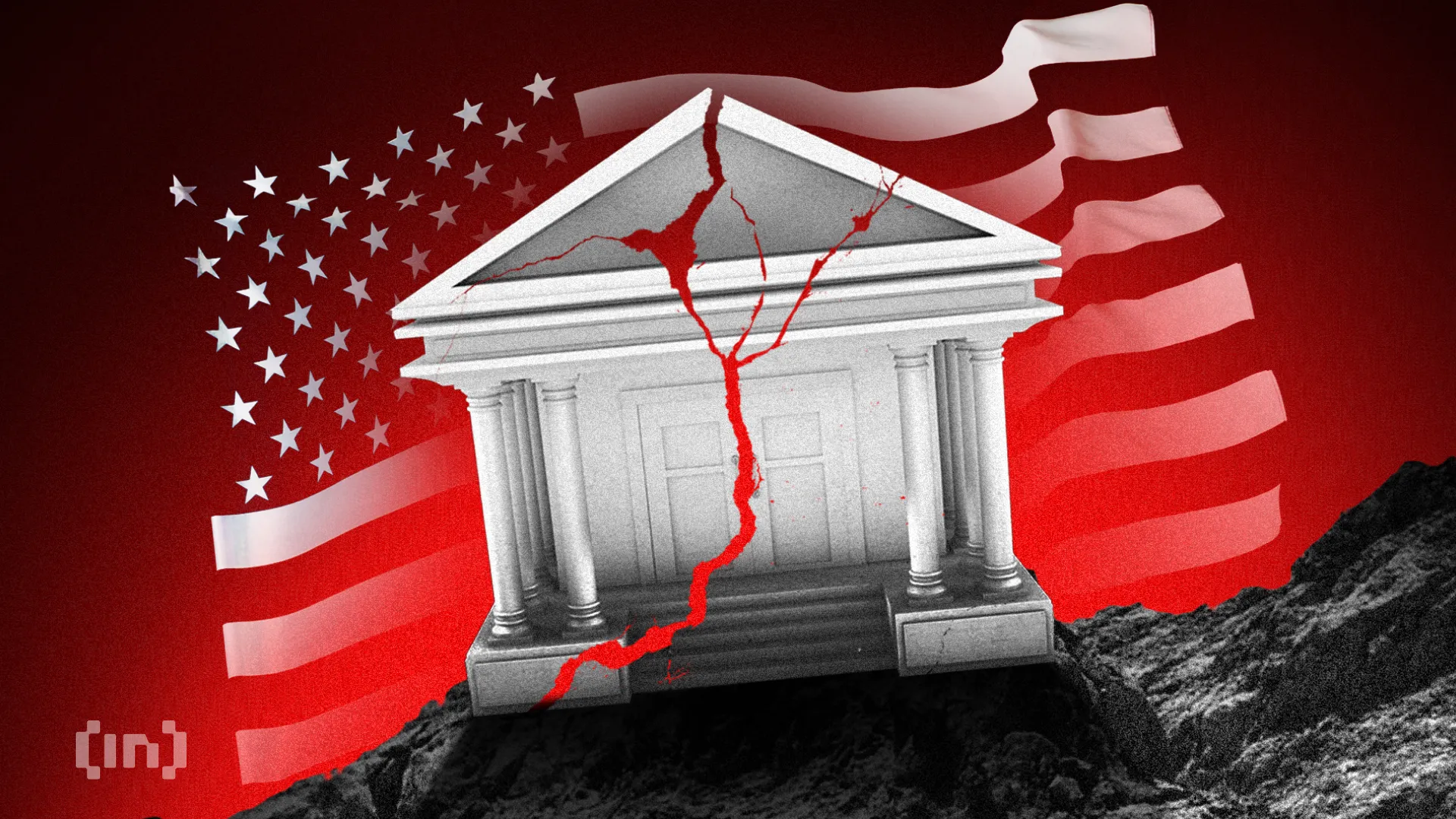
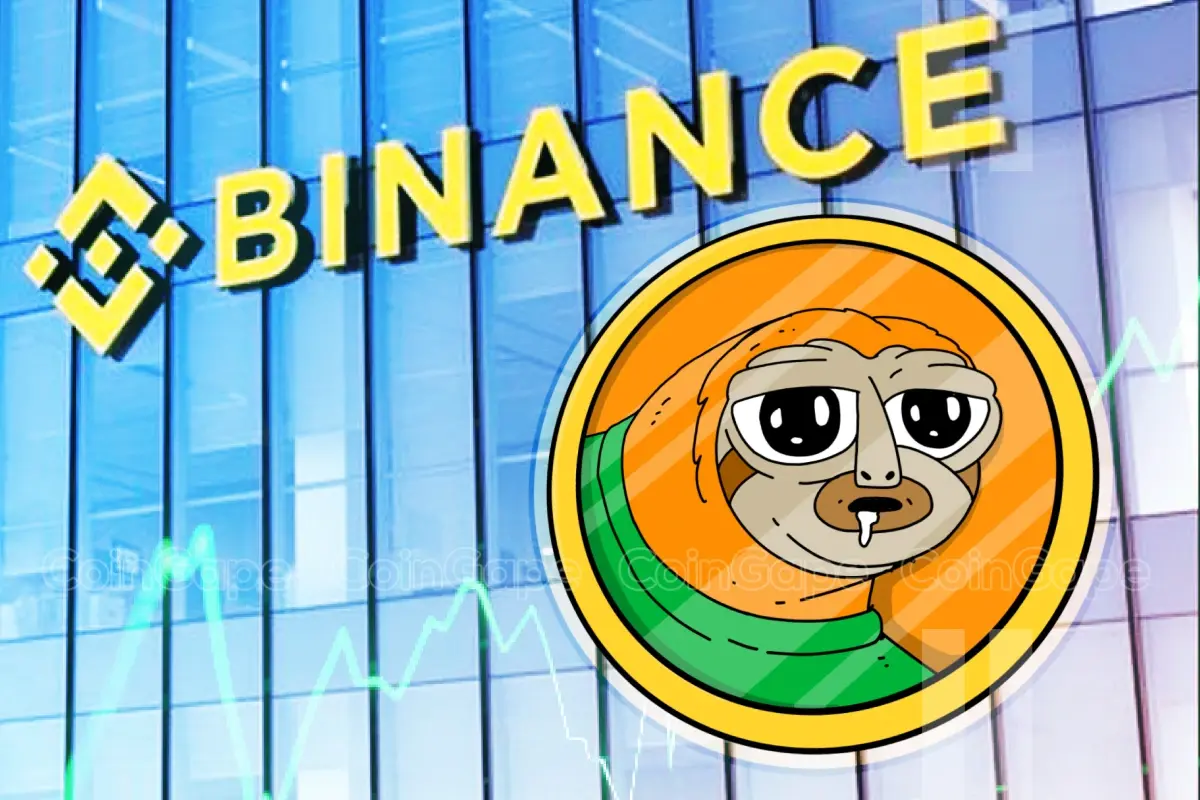

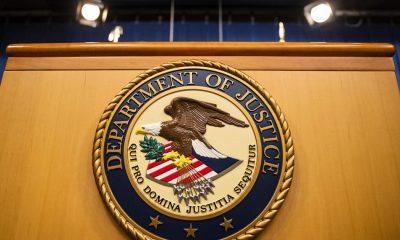


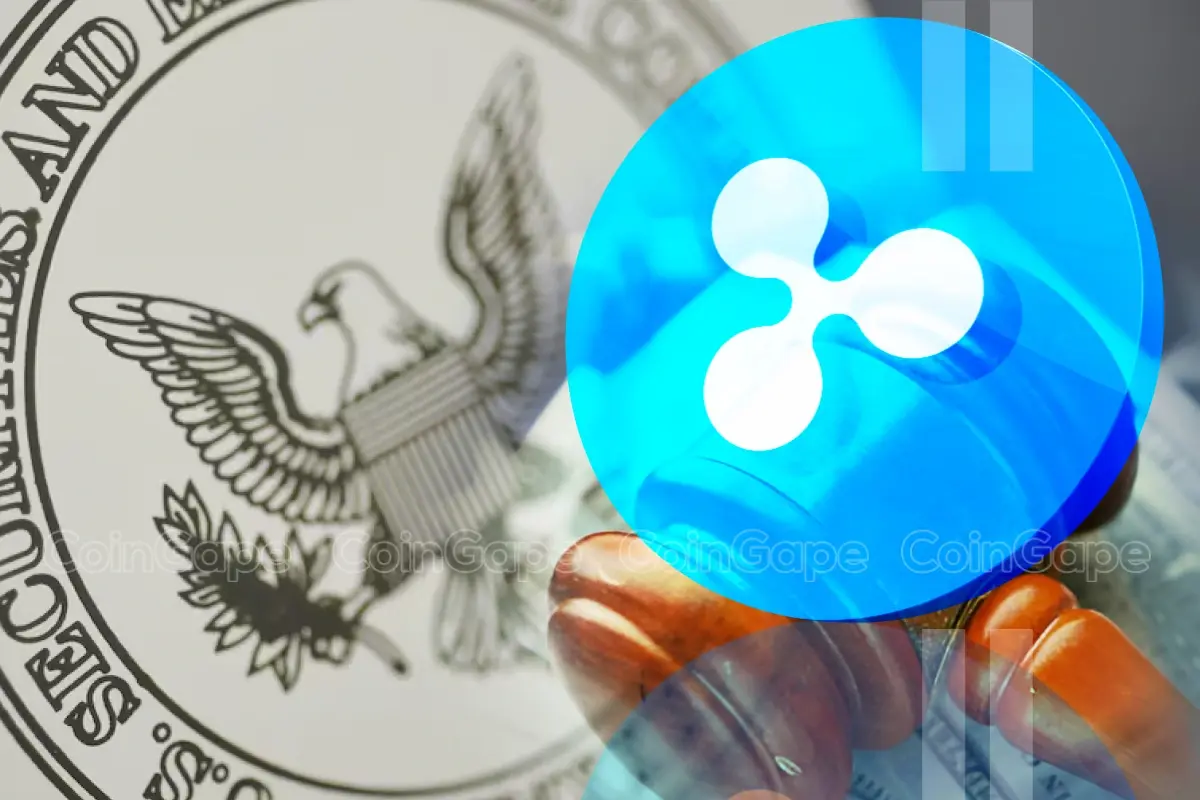









✓ Share: